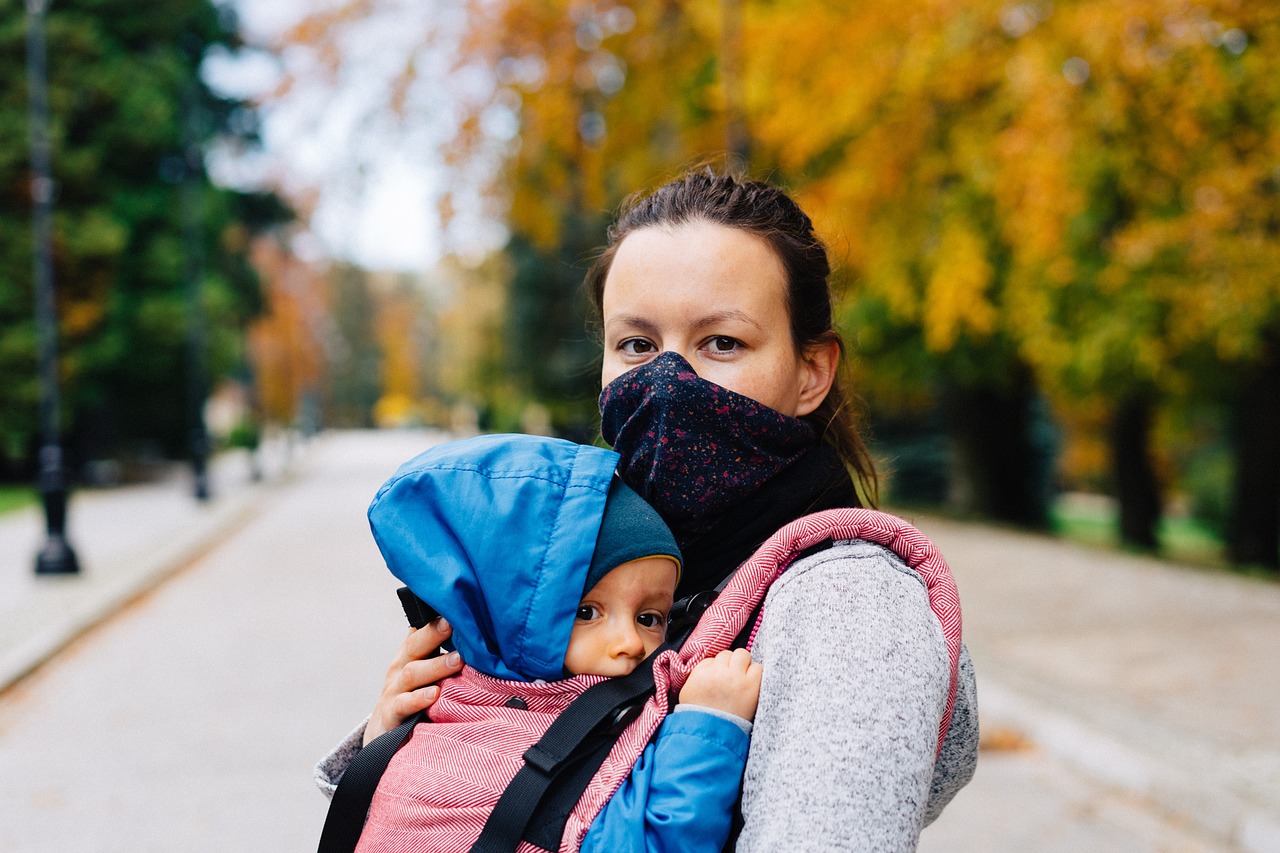News
Study Links Childhood Mental Disorders, Increased Severity of COVID-19

(Photo : Image by Marcin from Pixabay)
A groundbreaking study has delved into the potential connections between COVID-19 and childhood mental disorders, uncovering significant associations that could impact how the medical community approaches treatment for these vulnerable groups.
The research team focused on understanding the interactions between three childhood mental disorders -- attention-deficit/hyperactivity disorder (ADHD), Tourette's syndrome (TS), and autism spectrum disorder (ASD) -- and varying severities of COVID-19. The comprehensive study involved a substantial number of participants, encompassing 292,548 individuals with ADHD, 14,307 with TS and 46,350 with ASD. The COVID-19 traits investigated included SARS-CoV-2 infection, hospitalized cases and critical cases, with participant numbers totaling 2,597,856; 2,095,324; and 1,086,211, respectively.
Based on data analysis, ADHD showed a positive correlation with all three COVID-19 outcomes, suggesting a significant link between ADHD and an increased risk of hospitalization and critical illness from COVID-19. The researchers employed Mendelian randomization analyses, which further supported the finding that ADHD could causally affect the likelihood of being hospitalized due to COVID-19, with an odds ratio of 1.36 with a 95% confidence interval.
Similarly, Tourette's Syndrome was found to have a causal relationship with critical COVID-19, indicating that individuals with TS are at a heightened risk for severe complications from the virus. The odds ratio for this association was calculated at 1.14 with a 95% confidence interval.
Intriguingly, the study did not find evidence to suggest that genetic liabilities to COVID-19 increase the risk for these childhood mental disorders, indicating a one-way relationship. Nevertheless, the researchers identified several immunity-related genes that might be key in linking ADHD to COVID-19.
The findings of the study are significant, as they suggest that ADHD and TS could potentially amplify the severity of COVID-19 through immunity-related pathways. This new understanding highlights the importance of considering these mental disorders in the treatment and management of COVID-19, especially in younger populations.
While the study does not indicate a causal role of COVID-19 in the risk for childhood mental disorders, it opens new avenues for research and clinical approaches to managing these interconnected health challenges.
The study findings are published in the open-access, peer-reviewed journal BMC Psychiatry.








Join the Conversation